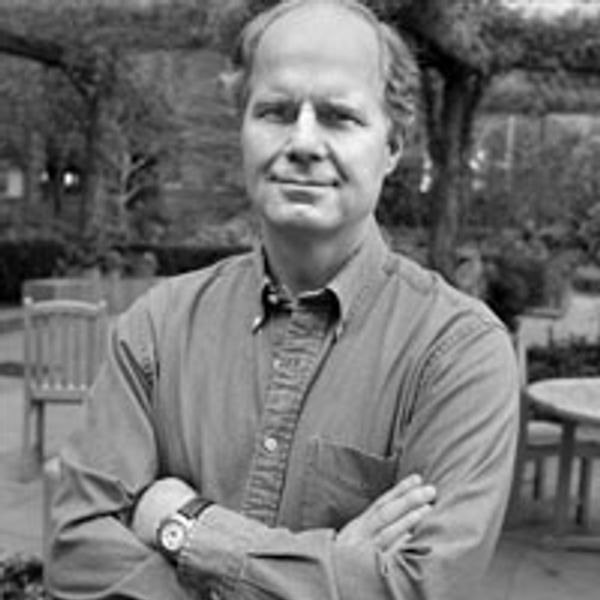Lia Purpura, Skate’s Egg Case (detail), featured in AGNI 102
borrowed intimacy
William Osler (1849-1919) is the most famous and most beloved physician of the modern era. Reading his biography, one is struck by the vast number of his friends and acquaintances, professional and otherwise. For his patients, too, he seemed infinitely available. People felt connected to him, supported by him. Feeling streamed between him and the people around him.
But it was a stream he might interrupt at any moment. At social events he would converse cordially with other guests, recall details of their personal lives, then disappear. For patients, his consultations were deeply satisfying but conspicuously short. An assistant would interview the patient, recording the sequence of events. Then Osler would enter, perform the physical examination, impart his decisions, and leave. His presence was brief but intense. Few words were exchanged.
Patients bared themselves to him, literally and figuratively. Osler examined patients, inspected and touched their naked bodies. This was rather new in his time, having begun in France towards the end of the eighteenth century. The physicians of previous generations would interview patients, perhaps inspect their tongues or excreta, but never intrude on their private physical space. Further: Osler performed autopsies whenever possible, and he seemed to treasure this ultimate examination above all else.
This was a new step in what it meant to be a patient. In an age profoundly disturbed by nudity—it was rumored, probably incorrectly, that the contemporary John Ruskin was surprised on his wedding night to discover that his wife had pubic hair—Osler’s patients would disrobe and admit the physician into all the secrets of their bodies. He probed them: inspecting, auscultating, percussing, palpating, feeling everywhere, kneading the flesh. And the patient knew that all these acts would continue after death. The same hands would pierce the body, touch its inner organs, hold them, weigh and assess them, like Anubis at the Egyptian Judgement.
Yet his patients trusted him, felt safe in his hands. (Not so the public, who accused him of euthanasia and grave robbery.) His personal presence somehow conveyed a sense of calm, support, knowing. They felt connected to him.
And he to them? Not entirely. For, intimate as his relations with others were, he could turn that intimacy on and off, seemingly at will. Whether in banquet halls or sickrooms, people said the same: he was here with me, I felt his great presence, and he was gone.
What emerges is a portrait of a man capable of, and yearning for, the greatest possible intimacy—so long as it was an intimacy he controlled. Hungering but uncomfortable, he professionalized his need. Practicing medicine as he did brought him infinitely close to people, but on his terms. They were naked, he was clothed. They divulged, he did not. His was a borrowed intimacy, an ersatz intimacy, durable unto death, and beyond, but somehow also fleeting.

Charles Bardes, M.D.
Charles Bardes is a physician who practices and teaches medicine in New York. His book-length prose poem, Diary of Our Fatal Illness (University of Chicago Press, Phoenix Poets, 2017), narrates the illness and death of an aged man. Other poems, essays, and ruminations have appeared in AGNI, Raritan, Ploughshares, The New England Journal of Medicine, and elsewhere. Pale Faces: The Masks of Anemia (Bellevue Literary Press, 2008) is an extended lyric essay that probes the mythological and cultural aspects of a common disease construct. In 2018 he received the Blackwell Prize in Writing, which “honors a writer who exhibits exceptional talent on the printed page, as well as meaningful social commitments on the public stage.” More info at charlesbardes.com. (updated 3/2020)
